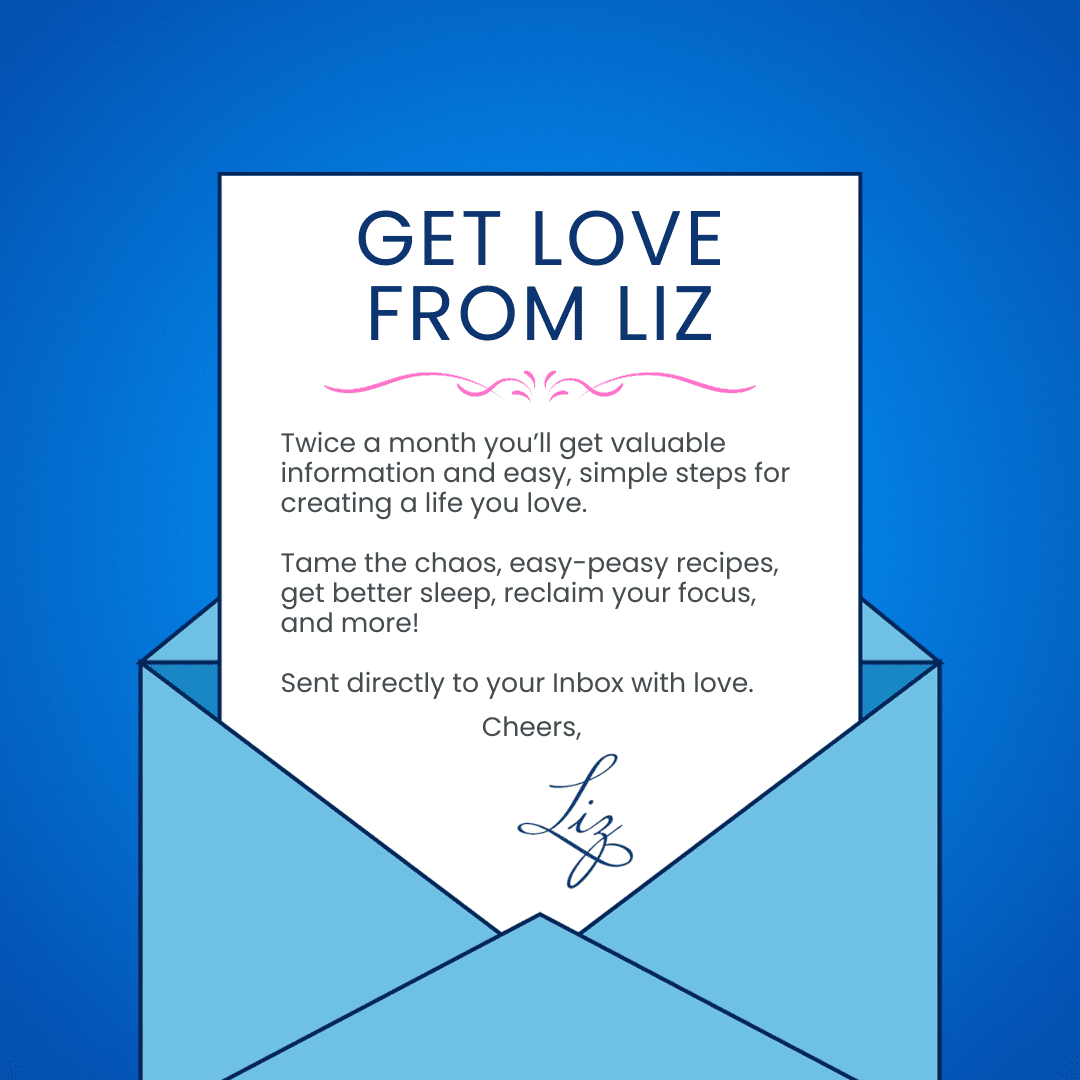Feeling drained and “brain-dead” by the end of the day? You may have made too many decisions!
Feeling drained and “brain-dead” by the end of the day? You may have made too many decisions!

Have you ever spent a day making various decisions at home and at work, then gone out to dinner and been unable to choose what you want to eat from the menu? Or you’ve de-cluttered your closet, making piles of keep/donate/trash until suddenly you cannot decide what to do with that alma mater sweatshirt? Or… you’ve prepared a week of meal plans, complete with your COVID-era grocery list, remembered your mask, gloves, and hand sanitizer, and then found yourself in the grocery store staring at the lettuce with no idea which one to choose?
Most likely, by the time you arrived at that final sweatshirt, the restaurant, or the produce aisle, decision fatigue had set in.
Decision fatigue is a term credited to social psychologist Dr. Roy F. Baumeister at Case Western Reserve University. Baumeister was studying ego depletion, the concept that people have limited mental resources that become depleted after a certain amount of use.
He and his colleagues discovered that decision fatigue depletes self-control. The result is that we are more apt to make impulsive decisions, or alternately, to make no decision at all. In his book, Willpower: Rediscovering the Greatest Human Strength, he concludes that “Making decisions use the very same willpower that you use to say no to doughnuts, drugs, or illicit sex.”
It is estimated that the average person makes 35,000 decisions by bedtime. The more choices we make in a day, the more difficult it becomes for the brain to make more as willpower is depleted. The brain attempts to conserve energy by making impulsive or “safe choice” decisions. The implications for anyone attempting to manage weight are clear. Poor food choices are more likely later in the day. No wonder we find ourselves craving sweets in the afternoon, having more margaritas after work… or vegging on the couch with junk food in the evening!
What to do? Here are some strategies:
- Make fewer decisions. Simplify your life. Make a menu plan for two weeks. Use simple, delicious recipes with few ingredients for weekday meals. “Rinse and repeat” …so you don’t have to think about “What’s for supper?” again. And make a shopping list. Shop from the list rather than walking the aisles making decisions. I make my list according to the store layout: fresh veggies, frozen veggies, canned veggies, meat, fish, eggs, and dairy. Make copies of the list, so you don’t have to think about it again. Consider home delivery. about “What’s for supper?” again. And make a shopping list. Shop from the list rather than walking the aisles making decisions. I make my list according to the store layout: fresh veggies, frozen veggies, canned veggies, meat, fish, eggs, and dairy. Make copies of the list, so you don’t have to think about it again. Consider home delivery. about “What’s for supper?” again. And make a shopping list. Shop from the list rather than walking the aisles making decisions. I make my list according to the store layout: fresh veggies, frozen veggies, canned veggies, meat, fish, eggs, and dairy. Make copies of the list, so you don’t have to think about it again. Consider home delivery.
- Establish routines to eliminate unimportant decision making. Steve Jobs, Mark Zuckerberg, and former President Barack Obama all wore basically the same outfit every day. Obama told Vanity Fair, “I’m trying to pare down decisions. I don’t want to make decisions about what I’m eating or wearing, because I have too many other decisions to make.” Simplify your wardrobe. Layout clothes the night before. Set up the coffeemaker. Pre-prep meals. Use your GPS. Automate regular bill payments. Automate regular purchases.
- Make important decisions first thing in the morning. Research has shown that time of day impacts our judgment and ability to make good decisions. Be aware that you may be making poor decisions later in the day. If possible, put them off until the following morning.
- Eat enough protein at lunch and drink enough water.
- Give your brain a break. Go for a walk. Meditate. Watch a funny video. Play with the dog. When you free your mind from decision-making, you free up the prefrontal cortex, the “thinking” part of the brain. The brain can then make improved neural connections and better decisions. the brain. The brain can then make improved neural connections and better decisions. the brain. The brain can then make improved neural connections and better decisions.



